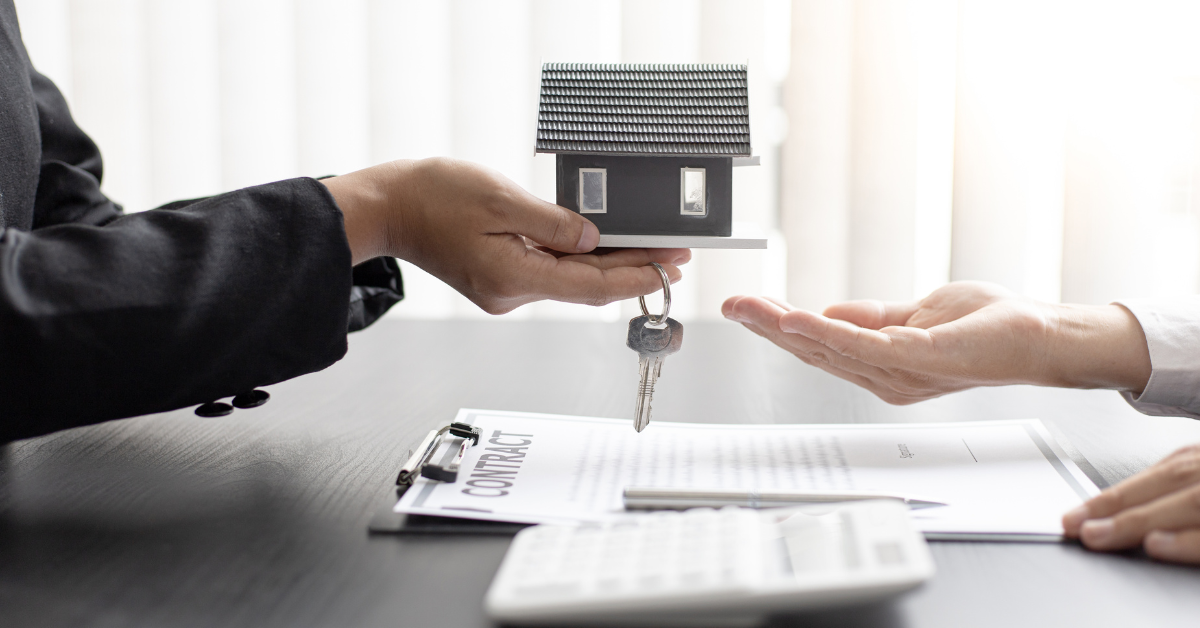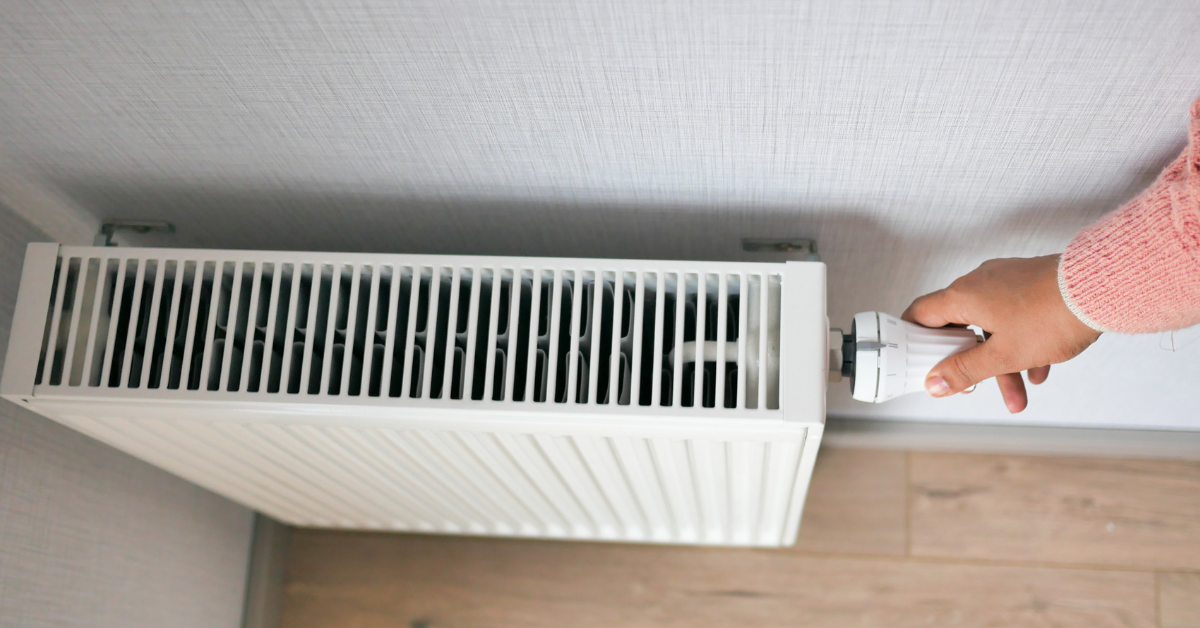
The Hidden Costs When Buying a Home

*Collaborative Post
Buying a home is a significant milestone, but it’s essential to be aware that the purchase price is just the beginning of the costs you’ll encounter. Many first-time buyers in the UK are surprised to discover the various hidden expenses that can quickly add up. These additional costs can impact your budget, so understanding and planning for them early is crucial for a smooth home-buying experience. Here are the key hidden costs of buying a home that you need to know.
1. Stamp Duty Land Tax (SDLT)
Stamp Duty Land Tax (SDLT) is one of the largest additional expenses when purchasing a property in the UK. While first-time buyers are exempt from paying stamp duty on properties priced up to £300,000, those buying homes over this threshold will still need to pay. For properties priced between £300,001 and £500,000, a reduced rate applies, and for homes valued above £500,000, you will pay stamp duty based on a tiered percentage of the purchase price.
Make sure to calculate your potential stamp duty liability early in the buying process to avoid any surprises. There are various online calculators available to help you determine how much SDLT you may owe.
2. Mortgage Arrangement Fees
When you take out a mortgage, many lenders charge arrangement fees, which can range from a few hundred pounds to more than £2,000. This fee is usually charged to secure a specific mortgage deal, such as a lower interest rate. Some lenders allow you to add this fee to your mortgage, but remember that doing so will increase your total loan amount and the interest you’ll pay over time.
Before committing to a mortgage deal, be sure to understand all associated fees. Shopping around for the best mortgage rates and comparing arrangement fees across lenders can save you money in the long run. Working with professionals like Your Certified Expert can help you through all the options.
3. Valuation and Survey Fees
Your mortgage lender will likely require a valuation of the property to confirm that it’s worth the amount you are borrowing. Valuation fees vary depending on the property’s value and the lender’s policies, with basic valuations costing between £150 and £1,500.
In addition to the lender’s valuation, it’s highly recommended to commission a property survey. A survey provides a more detailed assessment of the condition of the property and can help identify potential issues such as structural damage, damp, or subsidence. Surveys range in price from £300 for a basic condition report to over £1,000 for a full building survey. While this may seem like an unnecessary expense, a survey can save you from costly repairs down the line.
4. Legal and Conveyancing Fees
A solicitor or licensed conveyancer is essential for managing the legal side of purchasing a property, such as transferring ownership and carrying out required searches. Legal costs generally fall between £800 and £1,500, depending on the complexity of the process. It’s important to request a detailed breakdown of these fees, including any additional charges for searches, Land Registry registration, and bank transfer fees.
5. Removal Costs
Moving into your new home isn’t free, and removal costs can vary depending on the amount of furniture and belongings you’re moving, the distance involved, and whether you require packing services. Removal services typically cost between £300 and £1,500, so be sure to get multiple quotes to compare prices.
6. Home Insurance
Home insurance is an essential cost when buying a property. Most mortgage lenders require buildings insurance as a condition of the mortgage, and it’s a good idea to have contents insurance to protect your personal belongings. Depending on the size of the home and the level of coverage you need, annual home insurance premiums can range from £150 to £500.
7. Utilities and Council Tax
Once you’ve moved into your new home, you’ll need to set up utility accounts (gas, electricity, water) and pay council tax. Utility bills will vary depending on your consumption, the size of the property, and the energy provider you choose. Council tax rates depend on the property’s valuation band and your local council. Make sure you account for these monthly expenses in your budget.
Conclusion
While buying a home is a major investment, the purchase price is only part of the financial equation. From stamp duty and mortgage fees to surveys and legal costs, the hidden costs of home buying can quickly add up. By understanding these expenses early on and incorporating them into your budget, you can avoid unexpected financial stress and ensure that your journey to homeownership is as smooth as possible.
*This is a collaborative post. For further information please refer to my disclosure page.




